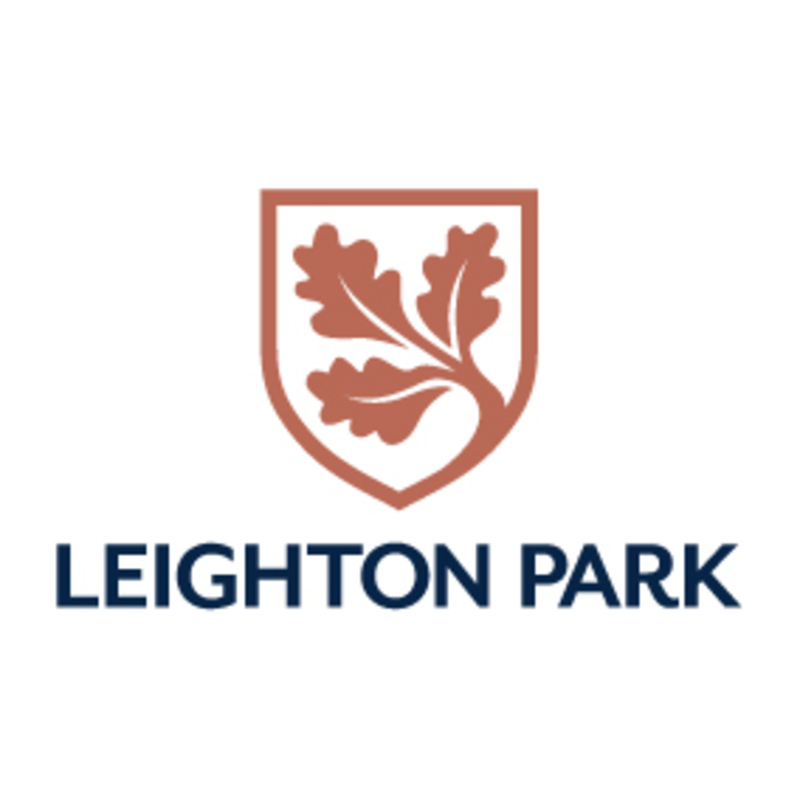The IBDP Chemistry course aims to provide the student with the knowledge, methods and techniques that enable students to study Chemistry in a global context, fostering and developing their practical, theoretical, creative and analytical skills. The material will stimulate them to extend their learning independently, to evaluate and synthesise information from a wide variety of sources, including ICT based materials, books, magazines and periodicals. They will also be encouraged through Science and Technology lectures and presentations arranged either on site or through educational visits. The distinction between SL and HL is one of breadth and depth. Students will study how scientific information is generated and communicated, how it has evolved and how scientific method is deployed in today’s increasingly technologically based society. They will be expected to be able to analyse the impact of scientific developments on modern society from moral, social, ethical, economic and environmental perspectives.
Students must achieve five grade 6s or above, with at least a grade 7 in the subjects they wish to study.
Assessment is by examinations and an individual investigation (10 hours).
About Education Provider
| Region | South East |
| Local Authority | Reading |
| Ofsted Rating | |
| Gender Type | Co-Educational |
| ISI Report | View Report |
| Boarding Fee | £33,690 - £48,105 |
| Sixth Form Fee | £24,540 - £29,910 |
| Address | Shinfield Road, Reading, RG2 7ED |
The IBDP Chemistry course aims to provide the student with the knowledge, methods and techniques that enable students to study Chemistry in a global context, fostering and developing their practical, theoretical, creative and analytical skills. The material will stimulate them to extend their learning independently, to evaluate and synthesise information from a wide variety of sources, including ICT based materials, books, magazines and periodicals. They will also be encouraged through Science and Technology lectures and presentations arranged either on site or through educational visits. The distinction between SL and HL is one of breadth and depth. Students will study how scientific information is generated and communicated, how it has evolved and how scientific method is deployed in today’s increasingly technologically based society. They will be expected to be able to analyse the impact of scientific developments on modern society from moral, social, ethical, economic and environmental perspectives.
Students must achieve five grade 6s or above, with at least a grade 7 in the subjects they wish to study.
Assessment is by examinations and an individual investigation (10 hours).
